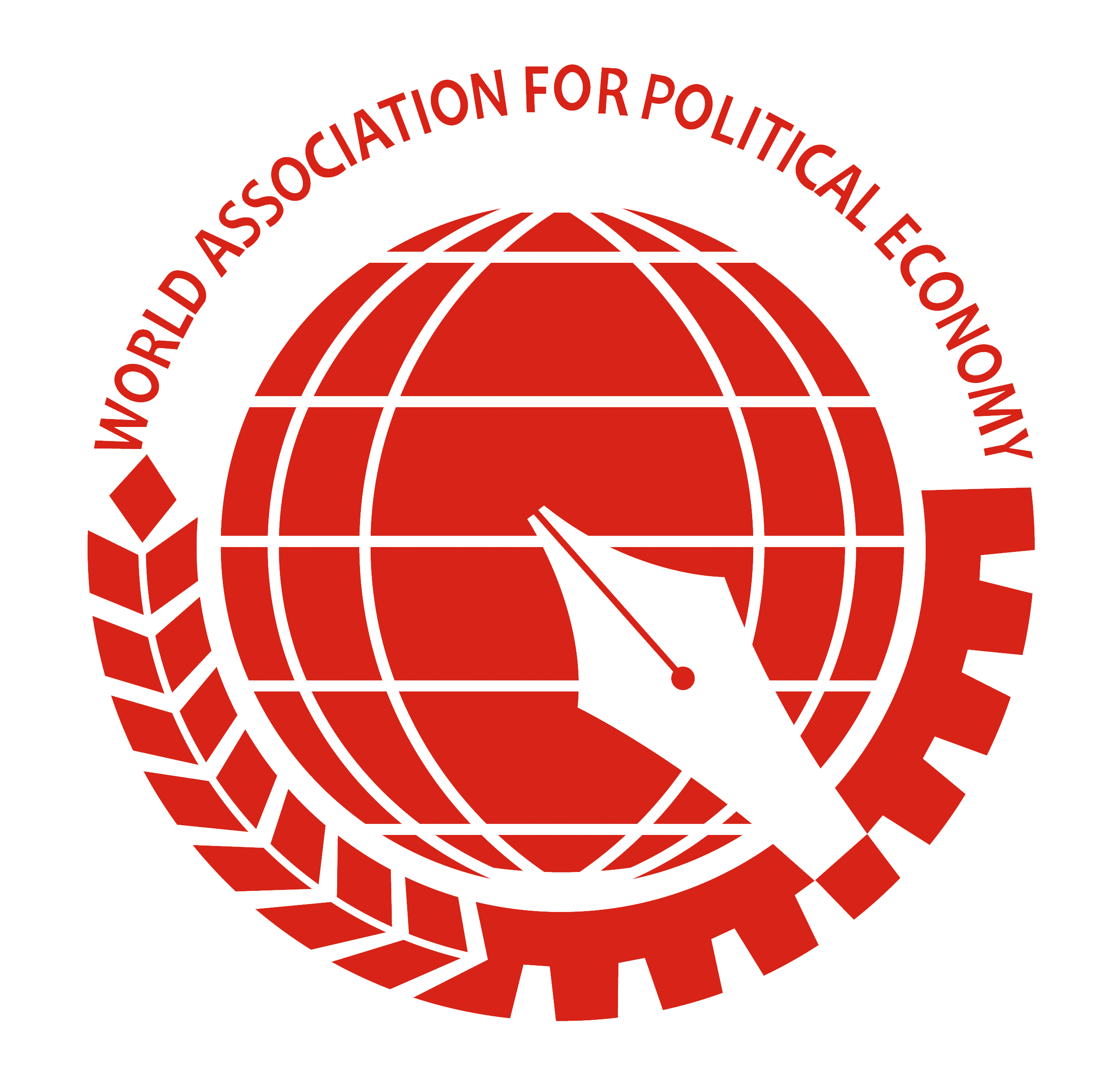Workgroup for Marxist Macroeconomic Modelling (to see the PDF Call for Papers document click here)
Submission Guidelines: The WAPE 17 Forum paper submission’s deadline has now closed.
The 17th Forum of the World Association for Political Economy ‘Political Economy vs Economics in a turbulent multipolar world’ 2-4 August 2024, Panteion University, Athens, Greece
Macroeconomic modelling plays an important role for both socialist and capitalist economies.
Particularly for the former macroeconomic modelling is crucial for economic planning.
Macroeconomic modelling – geared especially towards economic policy – has a long and turbulent
course within the science of the economy. This workgroup of the WAPE Forum aims to study this
course and to promote macroeconomic modelling within the Marxist tradition.
All economic models are by their very nature simplifications of reality that are based on a set of
assumptions that reflect the fundamental hypotheses of the modeler. In recent years Mainstream
Economics – both Neoliberal and New Keynesian – have embraced Dynamic Stochastic General
Equilibrium (DSGE) models (that is a class of models that bases its outcomes on microeconomic
principles and behavioural assumptions that are directly derived from mainstream economics core
assumptions). However, Marxist Political Economy argues that these Mainstream Economics
assumptions misrepresent actual human behaviour, disregard social relations and are
fundamentally unrealistic. On the other hand, whilst Marxist Political Economy was a pioneer in
economic modelling, during the recent decades has somehow lapsed behind in expanding and
developing its macroeconomic modelling intuitions.
As we navigate through a turbulent multipolar world, characterized by rapid geopolitical shifts and
economic uncertainties, the relevance and accuracy of economic models come under scrutiny. The
insights of Marxist Political Economy on the subject can be a valuable contribution in the
discussion. Focusing on subjects such as the effect of variations in the historical evolution
institutions, of sectoral variations in the level of competition, or the effects of variations in the
distribution of income and wealth, etc. is critical for the reorientation of economic models towards realism and the formation of economic policies opposing capitalist exploitation and supporting socialist transition.
Topics of Interest:
to:
1. History of macroeconomic modelling
2. Marcoeconomic models for economic policy: from Fel’dman and Tibergen to nowadays
3. Modelling different conceptions of competition
4. Modelling different conceptions of economic agents (classes, individuals etc.)
5. Modelling changes in the distributions of income and wealth
6. Modelling international economic relations (trade, portfolio and investment flows,
exchange rates, capital flights etc.) and imperialist conflicts
7. Modelling economic development and socialist transition: from A. Lewis and E. Preohbrazhensky to nowadays
1. History of macroeconomic modelling
2. Marcoeconomic models for economic policy: from Fel’dman and Tibergen to nowadays
3. Modelling different conceptions of competition
4. Modelling different conceptions of economic agents (classes, individuals etc.)
5. Modelling changes in the distributions of income and wealth
6. Modelling international economic relations (trade, portfolio and investment flows,
exchange rates, capital flights etc.) and imperialist conflicts
7. Modelling economic development and socialist transition: from A. Lewis and E. Preohbrazhensky to nowadays
Submission Guidelines: The WAPE 17 Forum paper submission’s deadline has now closed.
